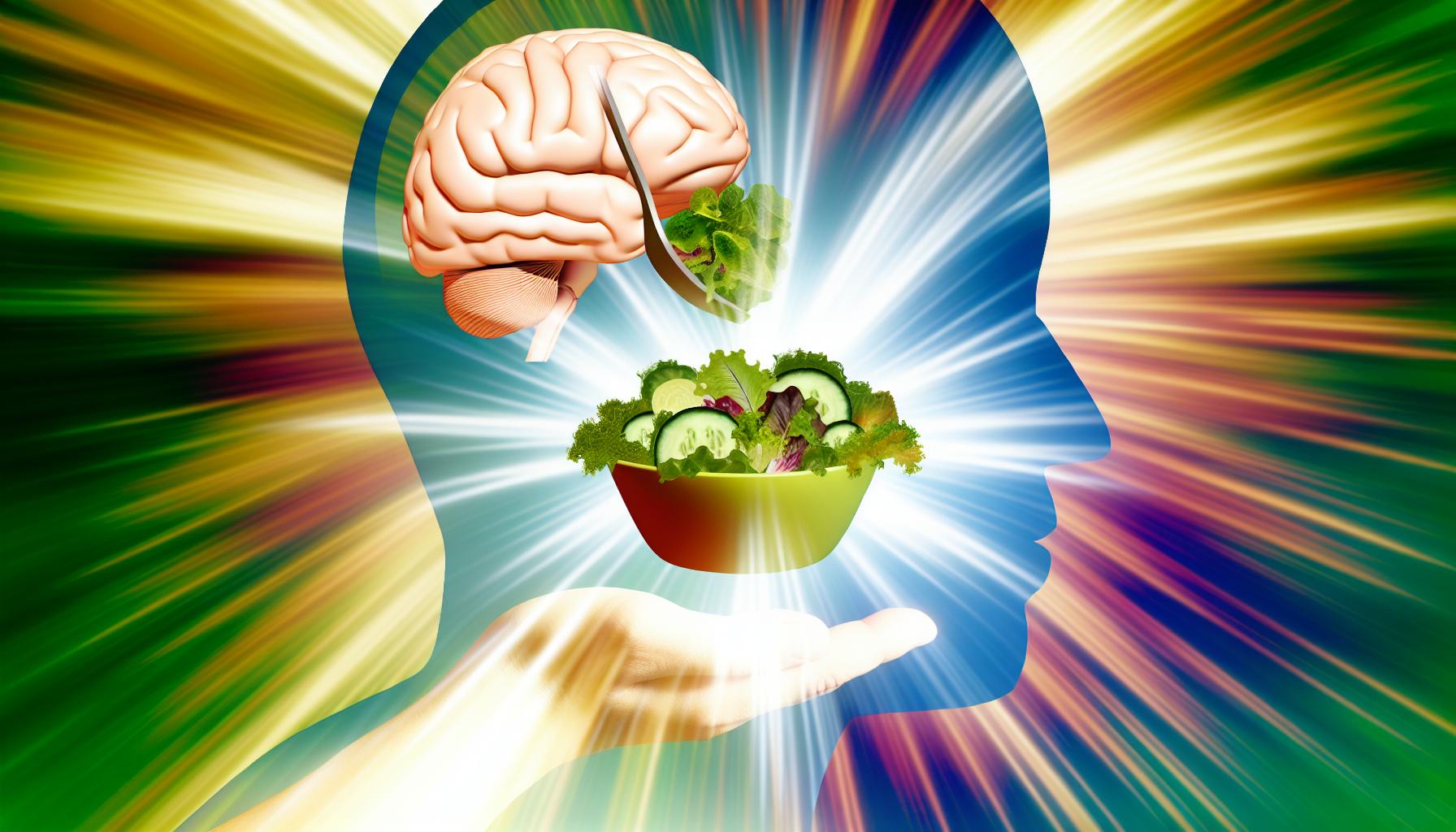.loader { border: 16px solid #f3f3f3; border-top: 16px solid #3498db; border-radius: 50%; width: 120px; height:…

The Impact of Nutrition on Mental Health and Wellbeing
The Impact of Nutrition on Mental Health and Wellbeing
Nutrition plays a crucial role in our overall health and wellbeing. While it is commonly known that a balanced diet is essential for physical health, its impact on mental health is often overlooked. The food we consume not only fuels our bodies but also affects our mood, cognition, and mental clarity. In this blog post, we will explore the significant impact of nutrition on mental health and wellbeing.
The Gut-Brain Connection
The gut-brain connection is a complex system that links the gut and the brain, influencing various aspects of our health. Research has shown that the gut microbiome, which consists of trillions of microorganisms in our digestive tract, plays a significant role in our mental health. A healthy gut microbiome is essential for the production of neurotransmitters like serotonin, which plays a crucial role in regulating mood and emotions.
Consuming a diet rich in fiber, fruits, vegetables, and probiotic-rich foods can help promote a healthy gut microbiome and support mental health. On the other hand, a diet high in processed foods, sugar, and unhealthy fats can negatively impact the gut microbiome and contribute to mood disorders like depression and anxiety.
The Role of Nutrients in Mental Health
Certain nutrients have been found to have a direct impact on mental health and wellbeing. For example, omega-3 fatty acids, found in fatty fish like salmon and walnuts, have been linked to a reduced risk of depression and improved cognitive function. B vitamins, particularly B12 and folate, play a crucial role in neurotransmitter function and can help alleviate symptoms of depression and anxiety.
Antioxidants like vitamin C and E can help protect the brain from oxidative stress and inflammation, both of which are linked to mental health disorders. Consuming a diet rich in colorful fruits and vegetables can help provide the body with ample antioxidants to support mental wellbeing.
The Impact of Sugar and Processed Foods
The consumption of sugar and processed foods has been linked to an increased risk of mental health disorders. These foods can lead to fluctuations in blood sugar levels, causing mood swings, irritability, and fatigue. Additionally, processed foods are often devoid of essential nutrients and can contribute to inflammation in the body, leading to mental health issues.
By reducing the intake of sugar and processed foods and focusing on whole, nutrient-dense foods, individuals can support their mental health and overall wellbeing. Incorporating whole grains, lean proteins, healthy fats, and plenty of fruits and vegetables into the diet can provide the body with the necessary nutrients to thrive.
Seeking Professional Help
If you or someone you know is struggling with mental health issues, it is essential to seek professional help. A qualified healthcare provider can assess your individual needs and recommend a treatment plan that may include therapy, medication, and lifestyle changes. Remember that mental health is just as important as physical health, and seeking help is a sign of strength.
For more information on how to improve your mental health through nutrition, you might also be interested in our blog post 10 Healthy Habits to Improve Your Lifestyle.
If you need help, you can always contact us here.


Comments (0)